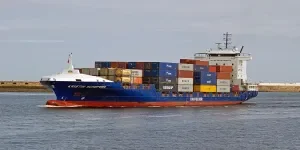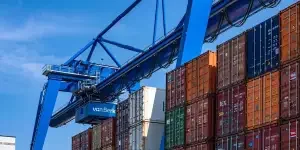DDP Incoterms: The Practical Guide You Didn’t Know You Needed
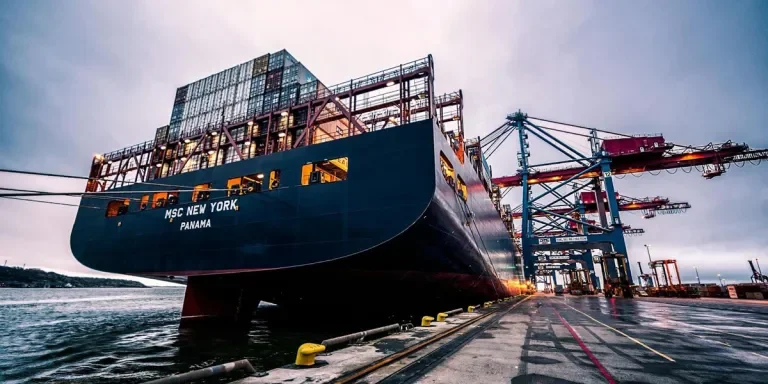
Festive seasons and holidays often call for celebrations and gatherings! Yet setting up a gathering, even if it’s simply a casual one at home with family and friends, can be exhausting, especially if there are quite a number of attendees. Thankfully, catering companies nowadays are capable of handling almost everything, from food preparation to cleanup. There’s hardly anything that the event host needs to worry about. In the end, probably the only thing the event host needs to do is manage the final stage of arranging or overseeing the presentation of the food at the venue.
The DDP (Delivered Duty Paid) rule under the International Commercial Terms (Incoterms) operates in a very similar way to the above-catered event example. With the sellers handling almost everything, the buyers get involved only during the very last leg of the delivery process. Read on to discover more about what DDP is, the key responsibilities and cost burdens of both the seller and buyer according to DDP terms, its impact on the entire shipping process, and when to choose DDP as a buyer.
Table of Contents
- Understanding DDP Incoterms
- Key responsibilities and financial obligations
- Impact of DDP on shipping and choosing DDP as a buyer
- Simplifying buyer’s path
Understanding DDP Incoterms
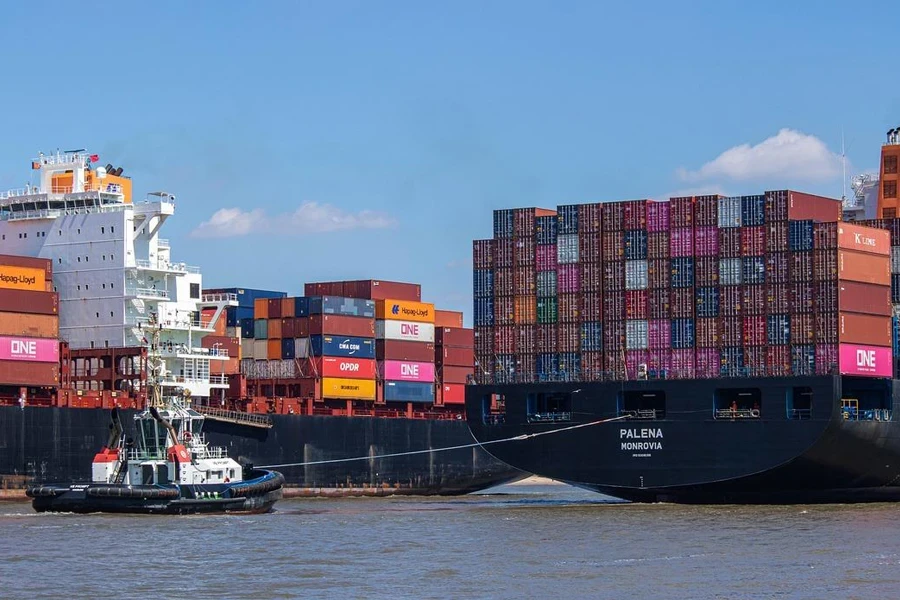
It’s no exaggeration to describe the shipping process under the DDP Incoterms as all about the seller since the DDP rule requires the seller to manage every aspect of the delivery process throughout the entire shipping journey until the goods reach the buyer’s specified location. This approach makes the DDP Incoterm a highly simplified process for buyers but places significant emphasis on the seller’s obligations. Meanwhile, DDP can also be applied to any mode of transport, whether by air, sea, land, or a combination of these modes.
In terms of risks and delivery alignment, under DDP, sellers bear the risks until the goods are ready for unloading at the destination. In other words, the risks only shift to the buyers when the goods are available for unloading at the agreed or named point. Since the DDP imposes the maximum responsibility on sellers and supports multimodal shipments, it is crucial for both the seller and buyer to specify a precise delivery location to prevent any potential cost and risk allocation issues between both parties.
Key responsibilities and financial obligations
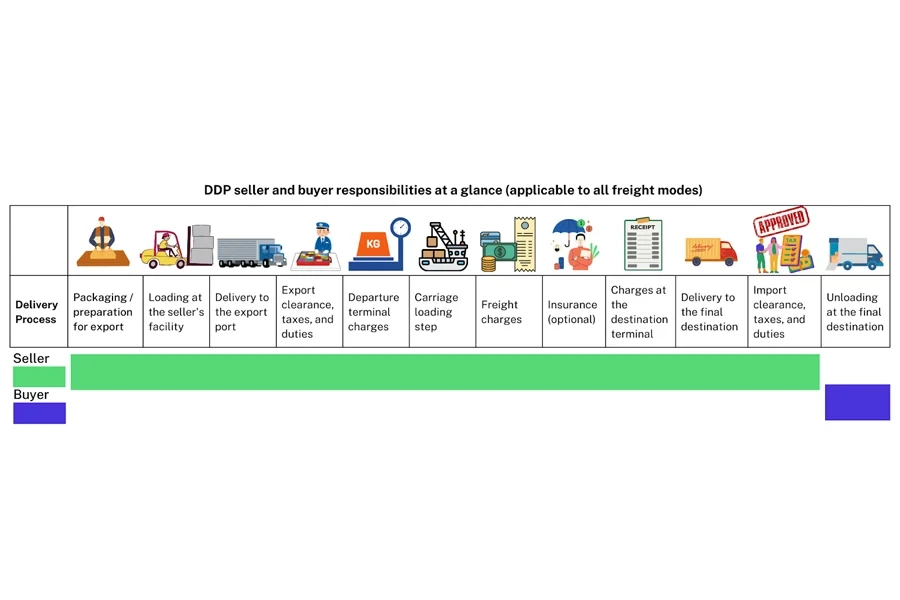
Seller’s responsibilities and financial obligations
As shown in the picture above and as outlined in the definition of DDP, it’s clear that the seller is responsible for everything from packaging to documentation and transportation, as well as both export and import formalities, including all related taxes and duties. Therefore, instead of detailing each responsibility and financial obligation shouldered by the sellers—which can be redundant since it’s essentially the full process—let’s focus more on the extent of DDP’s extensive burden on sellers here.

First of all, the comprehensive responsibilities of sellers in the delivery process equate to substantial cost coverage, including not only all carriage and delivery expenses but also costs associated with the customs clearance process. This includes all necessary import/export license applications and fees, transit security measures, as well as any pre-shipment inspection processes and certifications involved. The inclusion of pre-shipment inspection demonstrates the thoroughness of the seller’s duties, covering the clearance process even before official customs procedures begin.
Meanwhile, in terms of risk allocation, due to these extensive responsibilities, the seller also needs to bear significant risks of any potential loss or damage to the goods up until they are delivered. This makes securing insurance a prudent choice for the sellers, even though DDP Incoterms do not explicitly require sellers to provide insurance.
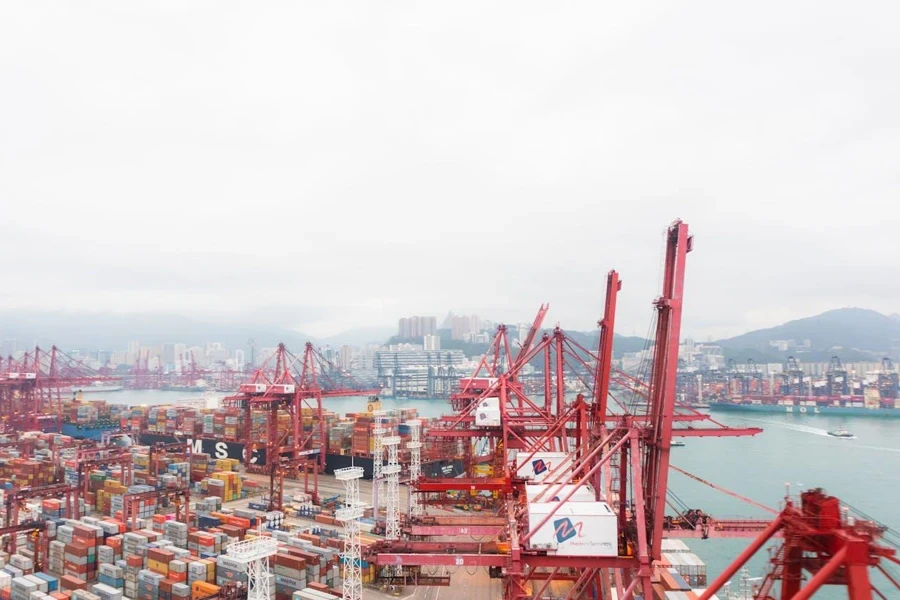
Buyer’s responsibilities and financial obligations
One may have thought that since sellers hold the maximum responsibility under DDP compared to all the other 11 Incoterms, there’s not much to address regarding the buyer’s responsibilities. While this statement holds some truth, as DDP is certainly an Incoterm that imposes minimal buyer responsibility, it does not entirely free buyers from all obligations. Rather than taking on a co-driver role throughout the shipping process, buyers act more as facilitators. They need to assist the sellers by providing supporting documentation and information but not assume any financial burden or risk associated with the import and clearance process.
Essentially, the buyer’s main responsibilities lie with payment obligations and taking delivery, including all the necessary unloading activities and arrangements. Their risks related to potential loss or damage to goods begin once the delivery is completed, including all post-delivery risks such as handling and storage.
Impact of DDP on shipping and choosing DDP as a buyer
The most notable and substantial impact of DDP within the shipping process in the supply chain landscape is how it offers a completely streamlined and simplified delivery solution to buyers. Nevertheless, such a convenient solution for the buyers could not have been achieved without leveraging the extensive responsibilities and obligations of the sellers, as someone ultimately has to bear all the logistical and financial burdens.

Choosing DDP as a buyer
In view of the simplicity and convenience that the DDP rule offers, it’s easy to see why DDP serves as an appealing, considerably risk-free choice for buyers, particularly for new importers or first-timers who highly appreciate the reduced complexity and minimal logistics involvement.
Finally, buyers should ensure they engage in DDP Incoterms only with sellers who have proven track records or established capabilities in handling the entire logistical process up to the buyers’ home countries. Since import processes vary between countries, it can be particularly challenging for sellers unfamiliar with or lacking local expertise to manage such processes, which could ultimately lead to complications and disruptions in the buyers’ imports.
Simplifying buyer’s path

DDP is an Incoterm that places maximum responsibility on sellers throughout the entire shipping process, while buyers are only responsible for unloading the goods at the final destination. As such, all key responsibilities and financial obligations during the process—from packaging to engaging all carriers and transportation modes, handling export and import customs clearance, and settling all customs taxes and duties—fall under the duties and responsibilities of sellers.





